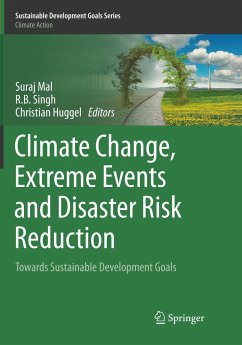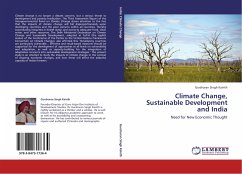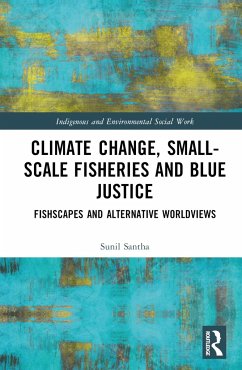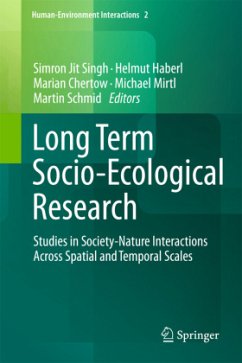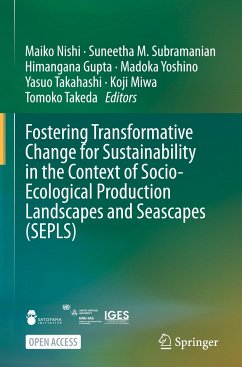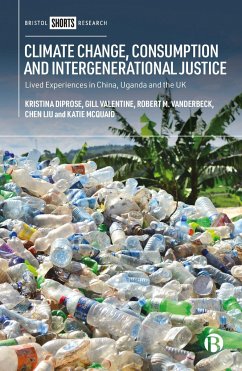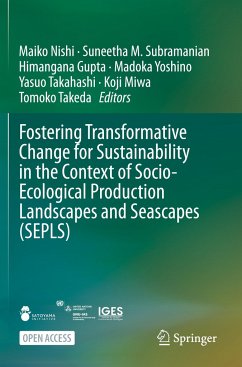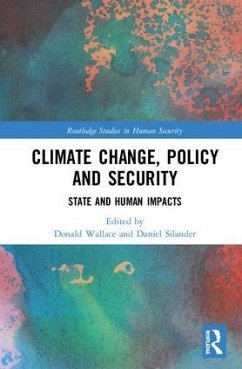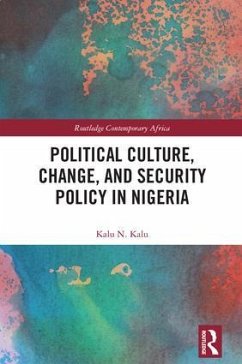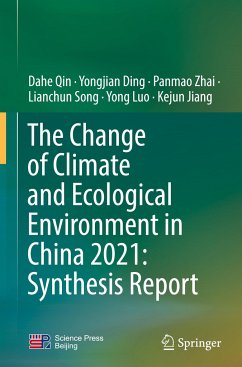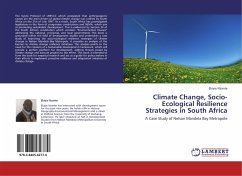
Climate Change, Socio-Ecological Resilience Strategies in South Africa
A Case Study of Nelson Mandela Bay Metropole
Versandkostenfrei!
Versandfertig in 6-10 Tagen
32,99 €
inkl. MwSt.

PAYBACK Punkte
16 °P sammeln!
The Kyoto Protocol of UNFCCC which postulated that anthropogenic causes are the main drivers of global climate change was ratified by South Africa on the 31st of July 1997. As a result, South Africa has promulgated legislations in the form of progressive constitutions and NEMA, which aim at promoting sustainable development. This is evidenced by Section 24 of the South African constitution which contains Environmental Clauses addressing the national, provincial, and local governments. This book is grounded within the field of development studies and undertakes a case study of improving the soc...
The Kyoto Protocol of UNFCCC which postulated that anthropogenic causes are the main drivers of global climate change was ratified by South Africa on the 31st of July 1997. As a result, South Africa has promulgated legislations in the form of progressive constitutions and NEMA, which aim at promoting sustainable development. This is evidenced by Section 24 of the South African constitution which contains Environmental Clauses addressing the national, provincial, and local governments. This book is grounded within the field of development studies and undertakes a case study of improving the socio-ecological resilience strategies of climate change in Nelson Mandela Bay Metropole. It provides an analysis of the barriers to climate change resilience initiatives. This analysis points to the need for the creation of a Sustainable Development Framework, which will provide a perfect platform for development, address threats posed by climate change and execute projects to this effect. This book is intended to form the basis for empirical research and act as a guide for policy makers in their efforts to implement proactive resilience and adaptation initiatives of climate change.



